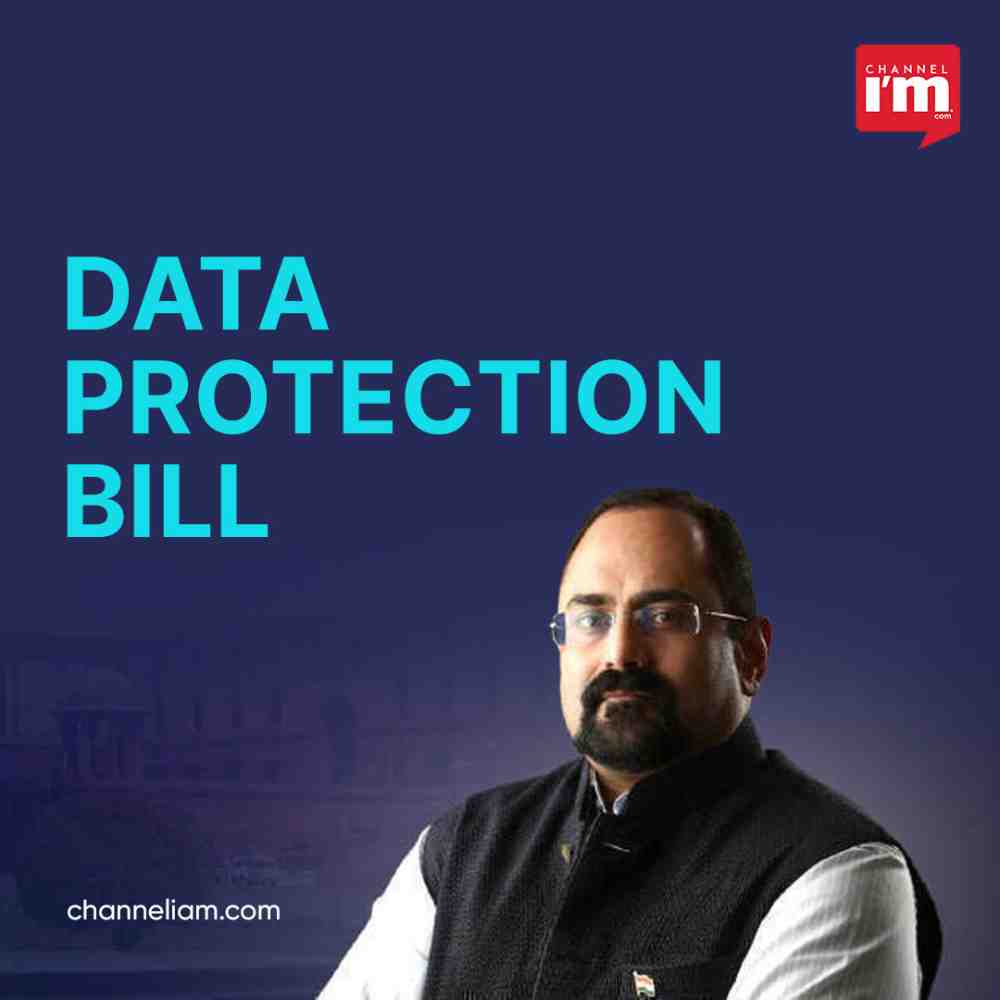
Navigating the Digital Privacy Landscape: Insights from Union Minister Rajeev Chandrasekhar
In a recent conversation held in New Delhi, Rajeev Chandrasekhar, Union Minister of State for Electronics and IT, delved into the significant developments surrounding the Digital Personal Data Protection Bill, 2023. As the bill clears the Rajya Sabha hurdle, it inches closer to becoming a law, spurring discussions on its compliance timeline, exemptions for child data processing, government blocking powers, and import license regulations. Below are excerpts from the insightful conversation with Sourabh Lele and Surajeet Das Gupta:
Compliance Rollout: Balancing Protection and Transition
The question of when the compliance requirements of the bill will take effect presents a nuanced balance between safeguarding Indian citizens and allowing platforms a reasonable transition period. Comparisons to the European Union’s General Data Protection Regulation (GDPR) emerged, with some platforms requesting a two-year grace period. Minister Chandrasekhar highlighted the intention to customize transition timelines based on platform size and nature. While smaller entities may need more time, larger tech companies wouldn’t require a prolonged transition period. He emphasized the long-standing discourse on data protection, stating that all stakeholders are well aware of their responsibilities.
Child Data Processing: A Strategic Approach
One crucial aspect of the bill revolves around child data processing and the necessity of parental consent. Minister Chandrasekhar clarified that platforms might seek exemptions from the government if they create secure online zones for children. However, social media platforms wouldn’t qualify due to their lack of comprehensive user identification. Platforms that rigorously ensure child-safe environments, such as ed-tech platforms conducting e-KYC for every user, may apply for a lower age threshold. For example, a platform exclusively serving children could request a lowering of the age threshold to 16 years, subject to government review.
Empowering Government Blocking Powers: Curbing Misuse
The bill’s inclusion of government powers to block platforms aims to curb malpractices that exploit personal data. Minister Chandrasekhar highlighted that substantial penalties aim to discourage such behavior. The government’s ability to block platforms was introduced to prevent instances where platforms might willingly pay fines, considering the benefits they accrue from data misuse. This provision acts as a safeguard to prevent potential gaming of the system.
Swift Passage and Consultation Dynamics
The bill’s swift passage through the Lok Sabha raised questions about public consultations on the final draft. Minister Chandrasekhar acknowledged the government’s openness to consultations but emphasized the urgency driven by privacy being established as a fundamental right in 2017 and the subsequent two and a half years dominated by the pandemic. He addressed the balance between expert opinions and the rights of the vast majority of Indian citizens whose data protection needs equal attention.
Shift in Data Sharing Paradigm: From Whitelisting to Blacklisting
Regarding cross-border data sharing, the transition from whitelisting to blacklisting countries was explained as a measure to ensure foreign jurisdictions align with Indian citizens’ rights. Data fiduciaries are now accountable for data protection and are mandated to choose trusted geographies. Should a breach occur in a selected country, India has the authority to ban it following due consideration.
Cost of Compliance and Import Regulations
Minister Chandrasekhar dispelled concerns about the bill increasing compliance costs, affirming that it establishes a fundamental principle prohibiting the unauthorized use of personal data without consent. Addressing the recent IT hardware import restrictions, he clarified that the intention was not to disrupt the supply chain but to ensure trusted hardware entry and to foster domestic manufacturing. He stressed that the government’s intent is to maintain a partnership model with the industry and incentivize domestic production without undue disruption.
Calming Industry Concerns and Ensuring Collaboration
Addressing industry stakeholders’ apprehensions about the import policy, Minister Chandrasekhar emphasized that discussions with key players reassured them of the government’s intent. He underlined the collaborative model that led to the success of India’s electronics growth, particularly in the smartphone sector, highlighting that this successful partnership model remains unchanged. The Minister underscored that the perception of employing a “hammer” approach to promote domestic production misrepresents the actual intention.
As the Digital Personal Data Protection Bill inches closer to becoming law, Minister Chandrasekhar’s insights provide clarity on the bill’s multifaceted aspects, its objectives, and the collaborative spirit underlying its implementation.
